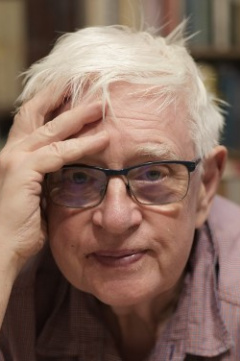Orcid ID:
Position:
Information:
Tadeusz Czachórski received M.Sc., Ph.D., and D.Sc. degrees in informatics, respectively, in 1972, 1979, 1988, and a professor title in 1999. Since 1972, a researcher at the Institute of Theoretical and Applied Informatics of Polish Academy of Sciences, IITiS PAN, Gliwice, 2003-2023, the director of this institute, currently president of its scientific council. From 1992 to 2019, he was also a lecturer and professor at the Silesian University of Technology.
He spent more than five years at several French universities and research institutes (IRISA Rennes, University of Versailles, ISEM Orsay Paris-Sud, Paris-Nord, National Institute of Telecommunication) and still maintains scientific cooperation with some of them. He published around 100 articles with French partners and coordinated 10 Polish-French projects, PAN-CNRS.
1990 - 2007 scientific secretary of the Committee of Informatics of the Polish Academy of Sciences, 2007 - 2011 vice-president of this committee, currently head of the section of computer networks and distributed systems of the committee.
2015-2023 Chair of IFIP Technical Committee TC5 "Information Technology and Applications" and member of IFIP General Assembly, currently a national representative at TC5.
His scientific interests comprise mathematical methods and software related to modelling and performance evaluation of wide-area computer networks, especially the Internet. The methods include Markov chains, diffusion approximation, and fluid flow approximation. They are used to study quality of service, traffic control mechanisms, security, energy storage, and related problems.

